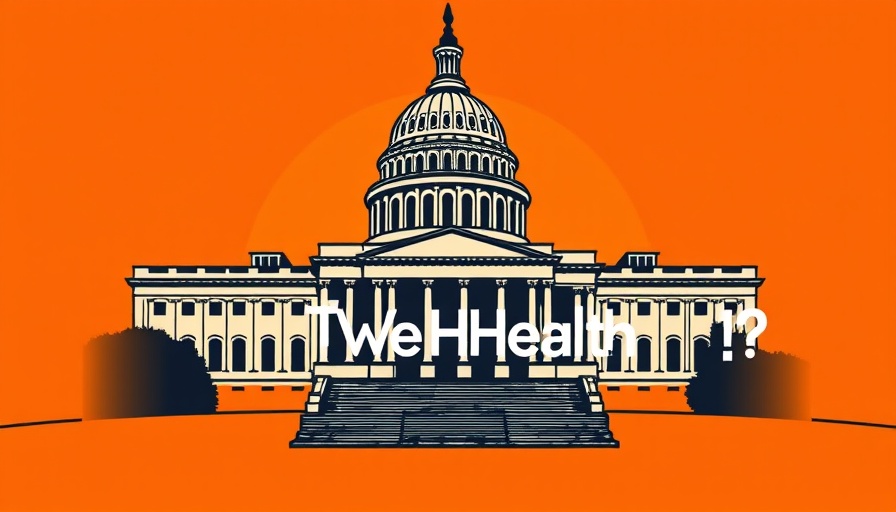
A Chaotic 100 Days: Health Policy in Transition
As President Donald Trump hits the 100-day mark in office, the landscape of health policy is marked by swift changes and deep uncertainty. With Republicans back in Congress, the focus is on Medicaid spending cuts that will likely face resistance from voters who rely on such support. The push for reform puts the party in a precarious situation as they must navigate between fiscal responsibility and voter satisfaction.
Medicaid Cuts: An Unpopular Proposition
Amidst the upheaval, Republican lawmakers are considering imposing stringent work requirements for nondisabled individuals to remain eligible for Medicaid. States like Georgia and Arkansas have already implemented such mandates, but their experiences highlight a critical flaw: these requirements do not necessarily increase employment rates but often disqualify individuals from vital healthcare coverage. This contradiction presents a significant political risk for GOP lawmakers who must balance party interests against public wellbeing.
Understanding the Work Requirement Debate
The work requirement strategy aims to encourage self-sufficiency; however, it often leads to disenrollment due to the complexities involved in proving compliance. Many individuals face hurdles that prevent them from meeting these criteria, creating a feedback loop that not only harms their health but also complicates state budgets reliant on Medicaid funding. This raises pertinent questions about the efficacy and ethics of such policies.
Diversity in Medical Education: A Risky Backlash
The Trump administration's push to reduce diversity and inclusion initiatives within medical training programs is another controversial aspect of the current health policy debates. Research indicates that enhancing diversity in healthcare improves outcomes, particularly among minority populations. By undermining these educational programs, there’s a genuine risk of exacerbating healthcare disparities and provider shortages, leading to a deterioration in care quality across the board.
Insights into Future Health Policy Directions
President Trump's forthcoming budget proposal is eagerly anticipated as it will outline his administration's fiscal strategies related to healthcare. Given the current tumultuous environment, this document could serve as a crucial early indicator of which programs may face cuts or restructuring. The stakes are high, and reactions from both political allies and constituents will be pivotal moving forward.
What Can Business Leaders Learn?
Business professionals in tech and marketing need to stay informed about these policy changes, as they will inevitably influence the health tech landscape. Innovations in healthcare often follow legislative shifts, and understanding the implications can drive strategic decisions. For example, investing in health tech solutions that enhance connectivity and data accessibility may aid in navigating the complexities introduced by these impending policy changes.
Engaged Informed Citizenry: The Role of Public Feedback
As Congress grapples with healthcare reforms, public response plays a crucial role. Engaged citizenry can influence policy through advocacy and informed dialogues. Business leaders can also participate in shaping health policy by providing evidence-based research and data that underline the necessity of maintaining robust healthcare access for all.
Applying These Insights Immediately
For CEOs and marketing managers, now is the time to evaluate how potential changes in healthcare policy might impact employee wellness programs. As health tech evolves, investing early in solutions tailored for enhanced accessibility can provide a competitive edge while aligning company values with societal needs. Understanding the interplay between policy and health technology will be vital as these discussions progress.
Final Thoughts: Navigating Uncertainty
The health policy dynamics in the U.S. are evolving rapidly. As stakeholders navigate these tumultuous waters, it’s essential for business leaders to remain informed and flexible. Engaging in these discussions, advocating for sustainable health initiatives, and investing in innovative solutions will not only benefit the business landscape but also contribute to a healthier society overall.
To keep abreast of these important developments, consider subscribing to health briefings that summarize ongoing changes in policy. Awareness is the first step towards effective advocacy and proactive planning.
 Add Row
Add Row  Add
Add 




 Add Row
Add Row  Add
Add 

Write A Comment